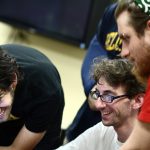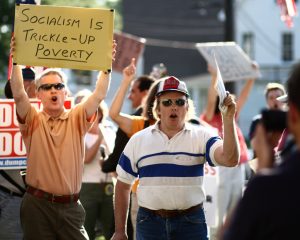In the wake of the Iranian election, lots of the people who focus on the changing journalism landscape have been talking about the significant role Twitter and other social media are playing in organizing and spreading news about the protests. Two of the leaders of the broad journalism discussion are Dave Winer and Jay Rosen, who have a weekly podcast called Rebooting the News. In the latest edition, Winer looks back to September 11, 2001 as the first time when the online social web foreshadowed the kinds of citizen journalism that Winer and Rosen see as a major part of the future of news. As he explains, he had no TV at the time but strictly through the Internet he was just as informed and up-to-date as he would hae been following the events of the day through traditional media.
Around 2001 is also the horizon for historians; for events after that, the archival richness of the internet accellerates from then until now in terms of the experience of ordinary people in major historical events and trends.
In that vein, here’s a paper I wrote in 2005 for a course on narrative history with John Demos, about the usenet traces of the kinds of the thing Dave Winer reflects on from 9/11. (I tried to weave in the pop psychology framework of the five stages of grief, to mixed results.)
—————-
We historians like to think that things develop gradually. Yet, in the microcosm, the events of the following months and years were foreshadowed there in the cyberspace of New York City on September 11. All the questions of “why?” and “what now?” were hashed out in the hours following the attacks by net denizens as they struggled to come to grips with the grief of the nation.
After one hour thirty-six minutes of denial, the messages on the NYC General internet discussion group started with a comment calculated to jump-start conversation, going straight to bargaining:
Tues, Sep 11 2001 10:20 am
WTC: Bound to happen
I wonder if this will change our assistance plans to Israel?[1]
Circumspection was the word for the first few replies; questions not answers. Who is sending us this message? Was it “internal” like the Oklahoma City bombing, or was it the Palestinians or someone else? Is it just a coincidence that this is the 25th anniversary of the Camp David Accords?[2] Whoever it was, they were clearly well-organized; they knew they had to use large planes with full fuel tanks to take out the World Trade Center Towers.
Just after noon, they were on to bin Laden as the likely culprit; it seemed like “his style.” Rumors that he had foretold an “unprecedented attack” two weeks earlier, including information from one woman’s unnamed friend from the intelligence community, provided one focus for the rising anger of the discussants. Israel and the celebrating Palestinians on TV were also popular targets of ire. Anger got the better of more than one:
Tues, Sep 11 2001 2:05 pm
Anyone cheering at thousands of Americans being murdered is a declaration of war as far as I’m concerned.
Tues, Sep 11 2001 6:02 pm
Did you all see the Palestinians dancing for joy today?
SCUM. Burn them all.
Calmer voices prevailed quickly, defusing talk of an indiscriminate crusade. But few seemed to doubt that war was on the horizon, even if not everyone had a clear idea of whom (or who) to fight:
Tues, Sep 11 2001 1:51 pm
>>>This must mean war.
>>With who?
>Afghanistan.
Any particular reason, or are you just starting [with] the A’s?
The possible complicity of Iraq was mentioned as well, and the failure to capture Saddam Hussein in the Gulf War illustrated how hard it might be to get bin Laden (if he was even the right target) in an Afghanistan war. But waging war on the Taliban, at least, might yield some human rights dividends, considering the way they treated their women.
The depressing, fatalistic seeds of the prolific conspiracy theories that developed in the months and years after the attack were there in the first hours too:
Tues, Sep 11 2001 11:39 am
I would not think (but I’m NOT an expert) that such impact would so weaken the structure as to cause both to collapse, without further destruction at a lower level.
and
Tues, Sep 11 2001 1:22 pm
I am just pointing out that I don’t think we can take out Bin Laden because if we could we would have done it long ago.
It would be months before online groups like the 9/11 Truth Movement would spin such speculation into elaborate tapestries of lies and manipulation, in which the strings are pulled by the man by behind the man behind the man (with three U.S. Presidents, at least, in on it), with bin Laden as the fall guy who was working for the CIA all along. But common sense prevailed quickly in this particular cyber niche; the combination of fire and impact would be able to take down the towers, with all that weight above the impact points, they reasoned.
Ultimately, the tension on the internet that day was between anger and acceptance, and with the bombers apparently dead and the looming possibility that there might not be anyone left to blame, the discussants turned on each other:
Tues, Sep 11 2001 8:10 pm
[On the subject of celebrating Palestinians and possible PLO involvement in the attacks]
>>Gosh, you don’t suppose the Isreali blockade has anything to do with it, do you?
>And what does this have to do with just buying food???
Don’t know how the blockade works, do you?
>>>They aren’t feeding their people, giving them housing or water – no
>>As a matter of fact they are, as much as they can. But when Isreal takes their land
> Of, forget it. You’re brainwashed.
This is coming from someone who can’t tell the difference between the PLO and other arab organizations.
and
Tues, Sep 11 2001 8:31 pm
> I’m not the one advocating bombing anyone.
Ha. So you just want to let them do this and get away with it, eh?
This was the worst of that first 111 message-long thread—tame compared with many of the other virtual shouting matches that developed that afternoon. And ultimately, the feelings of anger won out on NYC General, coming into line with zeitgeist of the rest of the nation as President Bush announced plans to hunt down the terrorists and those who harbor them. But elsewhere on the internet, then and now, every possible response from denial to acceptance has a place. And the stories will still be there waiting for us, for when we are ready to move on.
————————-
[1] This and all following quotes come from the USENET archive of nyc.general, as archived by Google Groups (http://groups.google.com/group/nyc.general). This discussion thread was started simultaneously on nyc.general, nyc.announce, alt.conspiracy (where it superseded such hot topics as “Moon Landings: Fact of Fiction?,” but did not change that group’s absurdist conspiratorial tone), talk.politics.misc (which was rapidly inundated with separate posts, preventing any sustained discussion), and soc.culture.jewish (where the endemic Zionist/anit-Zionist rhetoric drowned out this relatively moderate thread), and soon spread to other groups, fragmenting and spawning new discussions. There are probably hundreds of preserved usenet discussions documenting the immediate response of thousands of people on September 11.
[2] Actually the Camp David Accords were reached on September 17, 1978, making 9/11 just shy of the 23rd anniversary.
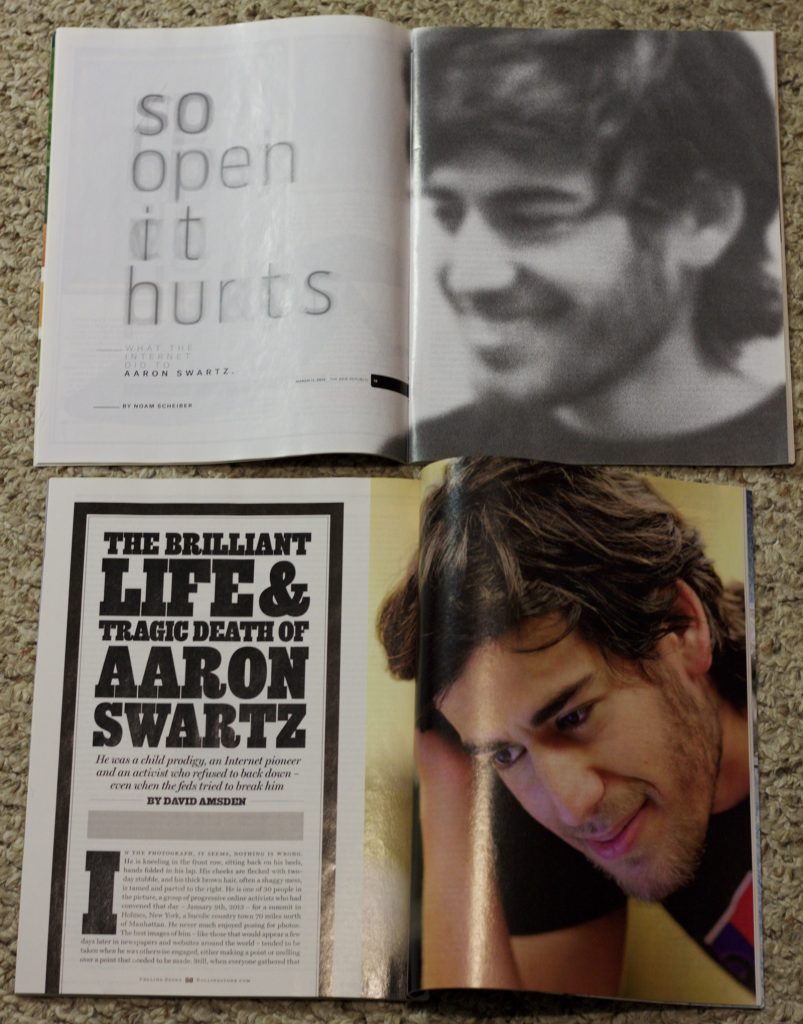
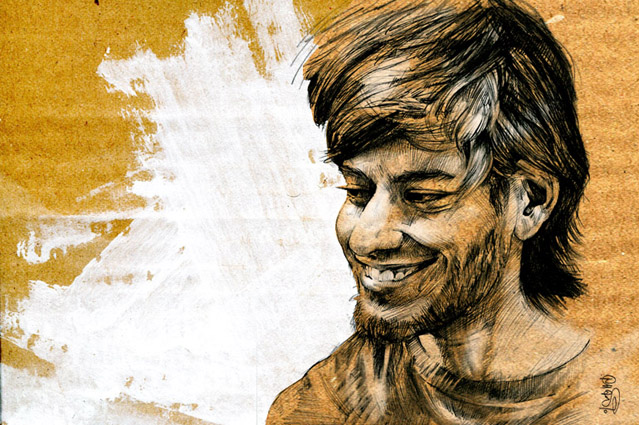
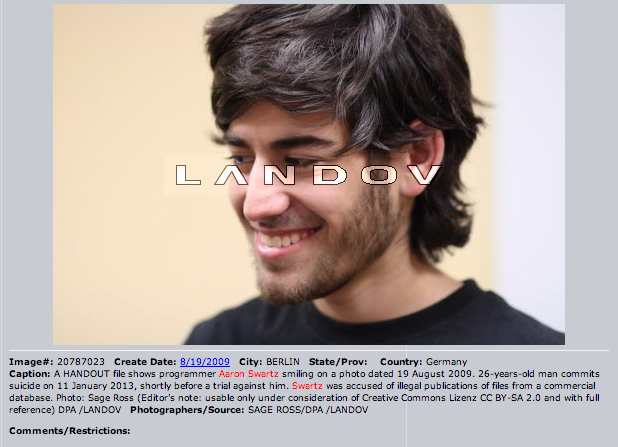 The last part of the Caption section reads:
The last part of the Caption section reads:
